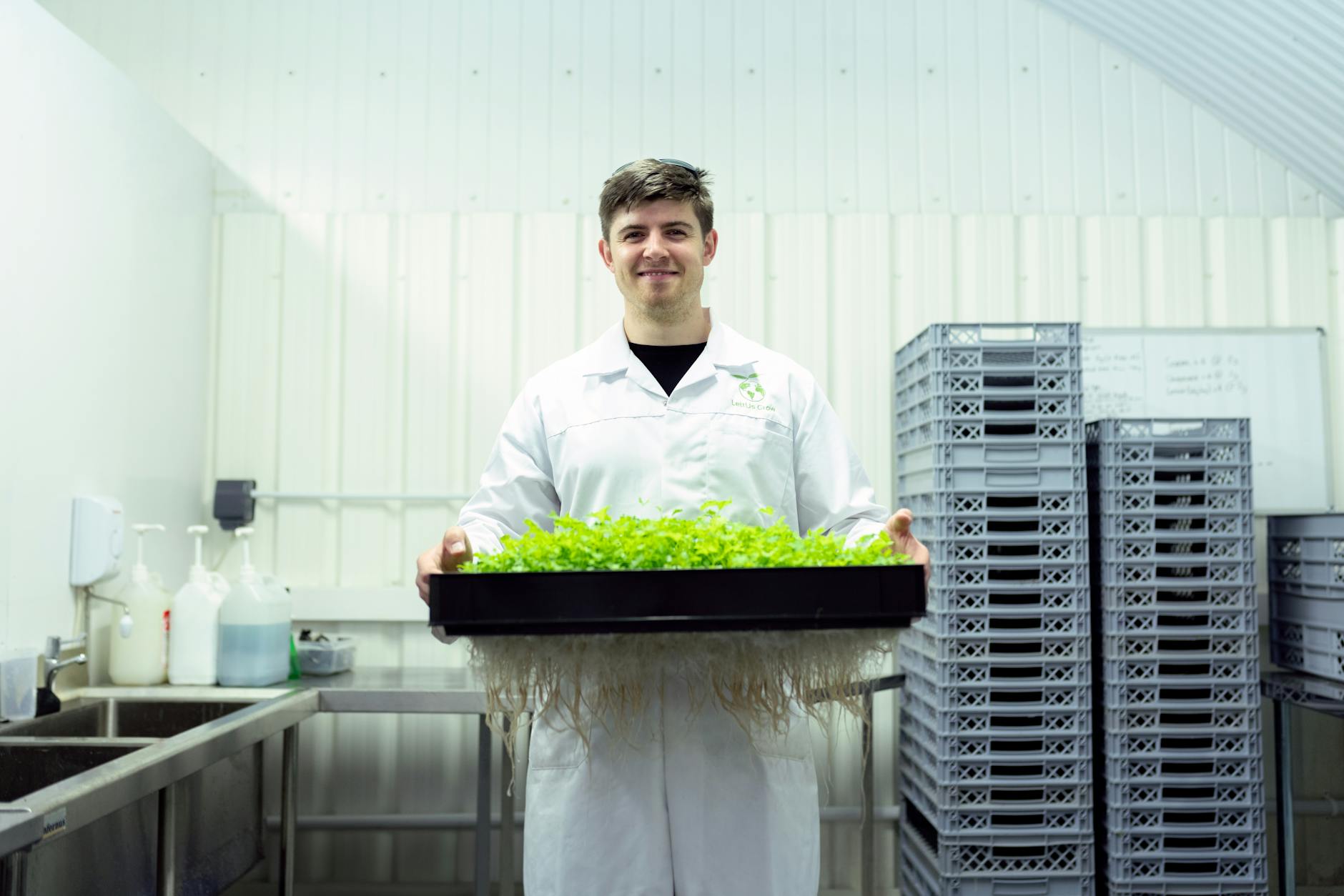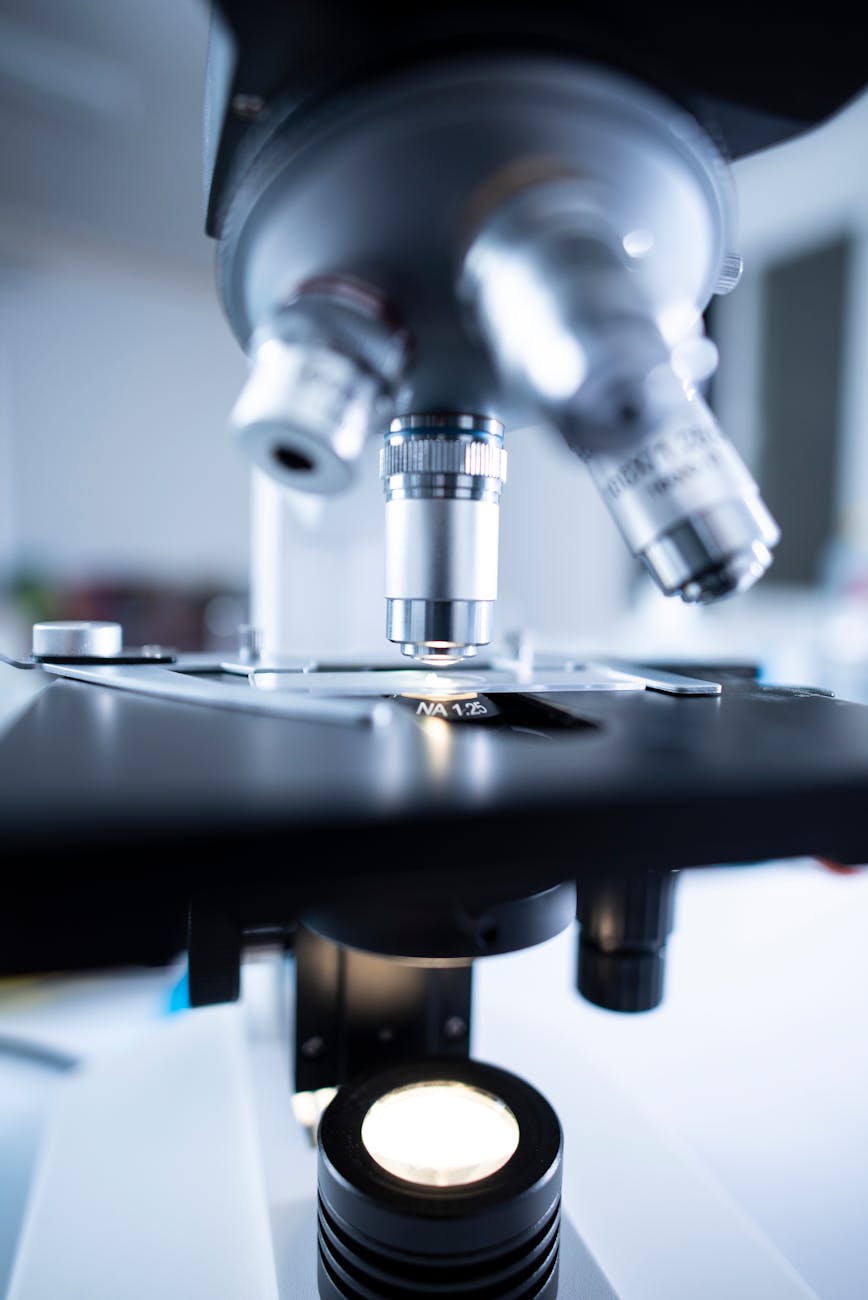Biotechnology in Agriculture: Revolutionizing Crop Production

The Impact of Biotechnology on Crop Production
Biotechnology has played a significant role in transforming the agricultural industry by introducing innovative solutions to enhance crop productivity, nutritional content, and resistance to pests and diseases. Through the application of biotechnological tools, farmers are experiencing a revolution in the way they cultivate crops and manage their farms.
Genetically Modified Organisms (GMOs) and Their Benefits
One of the most controversial yet widely adopted biotechnological advancements in agriculture is the development of genetically modified organisms (GMOs). These modified crops are designed to exhibit traits such as insect resistance, herbicide tolerance, and improved nutritional value. Despite concerns about their safety, GMOs have shown promising results in increasing crop yields and reducing the need for chemical pesticides.
CRISPR Technology: Precision Gene Editing for Crop Improvement
Another breakthrough in agricultural biotechnology is the use of CRISPR technology for precision gene editing in crops. This revolutionary tool allows scientists to make targeted modifications to the genetic code of plants, leading to traits such as drought tolerance, disease resistance, and enhanced nutritional content. The potential applications of CRISPR technology in agriculture are vast, offering new possibilities for crop improvement and sustainability.
Bioinformatics and Big Data Analytics in Precision Farming
Advancements in bioinformatics and big data analytics have also transformed the way crops are cultivated through precision farming practices. By analyzing vast amounts of agricultural data, including soil composition, weather patterns, and plant genetics, farmers can make informed decisions to optimize crop production while minimizing resource usage. This data-driven approach to agriculture not only improves yields but also promotes environmental sustainability.
The Future of Biotechnology in Agriculture
As biotechnology continues to evolve, the future of agriculture holds exciting possibilities for sustainable and efficient crop production. Whether through the development of novel biotechnological tools or the integration of data-driven farming practices, the agricultural industry is poised for further innovation and growth. By harnessing the power of biotechnology, farmers can meet the challenges of food security, climate change, and resource scarcity with confidence and resilience.





